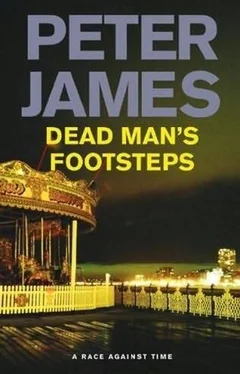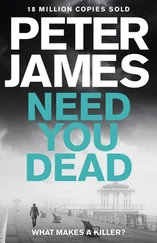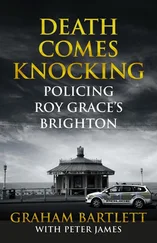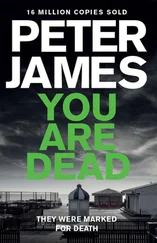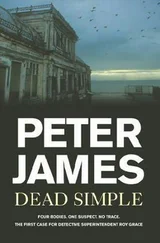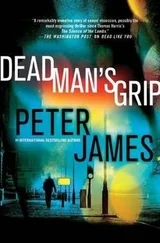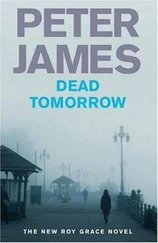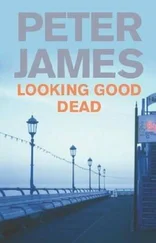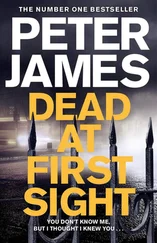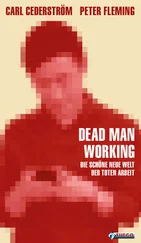He was now part of the world of transient people, the dispossessed, the poor and the fugitives. Their lives centred around places like Mail Box City, where they could store or hide their meagre stashes and collect their post. People didn’t come here to make friends, but to remain anonymous. Which was exactly what he needed.
He looked at his watch. It was 8.30. A half-hour or so before the people he wanted to speak to would be at their offices – assuming they were in today. He paid for an hour of internet time and sat down at a terminal.
*
At 9.30 Ronnie entered one of the hooded phone booths against the end wall, put a quarter in the slot and dialled the first of the numbers on the list he had just made from his internet search. As he waited, he stared at the perforations in the sound-deadening lining of the booth. It reminded him of a prison phone.
The voice at the other end startled him out of his reverie: ‘Abe Miller Associates, Abe Miller speaking.’
The man was not discourteous, but Ronnie didn’t feel any depth to his interest or any hunger for a deal. It was as if, he thought, Abe Miller figured that the world might very well end one day soon, so what did making a buck mean any more? In fact, what was the point of anything? That was how Abe Miller sounded to him.
‘An Edward, one pound, unmounted, mint,’ Ronnie said, after introducing himself. ‘Perfect gum, no hinge.’
‘OK, what are you looking for?’
‘I have four of them. I’d take four thousand each.’
‘Whee, that’s a little steep.’
‘Not for their condition. Catalogue’s over double that.’
‘Thing is, I don’t know how all this that’s going on right now will play out on the market. Stocks are on the floor – know what I’m saying.’
‘Yeah, well, these are better than stocks. Less volatile.’
‘I’m not sure about buying anything right now. Guess I’d prefer to wait a few days, see how the wind blows. If they’re in as good condition as you say they are, right now I could maybe go two. No more than that. Two.’
‘Two thousand bucks each?’
‘Couldn’t manage any more, not now. If you want to wait a week and see, maybe I can improve a little. Maybe not.’
Ronnie understood the man’s reticence. He knew he had probably picked the worst morning since the day after the Wall Street Crash of 1929 to try to do business anywhere in the world, and worst of all in New York, but he didn’t have any choice. He did not have the luxury of time. It seemed to him that this was the story of his life. Buy at the top of the market, sell at the bottom. Why was the world always fucking dumping on him?
‘I’ll get back to you,’ Ronnie said.
‘Sure, no worries. What did you say your name was?’
Ronnie’s brain raced, momentarily forgetting the name he’d used for his hotmail account. ‘Nelson,’ he said.
The man perked up a little. ‘You any relation to Mike Nelson? From Birmingham? You’re English, right?’
‘Mike Nelson?’ Ronnie cursed silently. Not good to have another person in this game with a similar name. People would remember – and at this moment what he needed was for people to forget him. ‘No,’ he said. ‘No relation.’
He thanked Abe Miller and hung up. Then, thinking about the name, he decided maybe it was OK to keep it. If there was another trader with a similar name, people might think he was related and treat him more respectfully from the start. This was a business that relied heavily on reputation.
He tried six more dealers. None of them were inclined to better his first offer, and two of them said they weren’t going to buy anything at the moment, which panicked him. He wondered whether the market might go even flatter, and if it would be wise to take the offer he’d had from Abe Miller while it was still on the table. If , twenty-five minutes on in this uncertain new world, it was still on the table.
Eight thousand dollars. They were worth twenty, at least. He had a few others with him, including two Plate 11 and unmounted mint Penny Blacks, with gum on the back. In a normal market he’d be looking for twenty-five thousand dollars a plate, but God knows what they were worth now. No point even trying to sell them. They were all he now had in the world. They were going to have to tide him over for a long time.
Possibly a very long time.
OCTOBER 2007
When Roy Grace had started his career he worked as a beat copper in central Brighton, then for a brief time in the CID with the drugs surveillance unit. He knew most of the faces and names of the street dealers, and some of the major users, and had busted most of them at one time or another.
It was normally only the smaller people who got caught – the low-hanging fruit . Frequently the police ignored them, watching them instead, even making friends with some of them in the hope that they would lead to the bigger fish, the middlemen, the suppliers and, very occasionally, a major consignment. But every time the police achieved a result and took out a handful of players, there were always new ones waiting in the wings.
At this moment, though, as he parked his Alfa Romeo in the Church Street NCP and switched off the engine, killing the Marla Glen song that was playing, the Brighton drugs underworld might suit his immediate purposes well.
Wearing a light mackintosh over his suit, he walked down through the lunchtime crowds starting to emerge from their offices, past cafés and sandwich bars and the Corn Exchange, and made a left turn into Marlborough Place, where he stopped, pretending to make a phone call. The area immediately to the north of here, and across the London Road to the east, had long been the downtown domain of the street dealers.
It took him less than five minutes to spot two shabbily dressed men in a hurry, walking faster than everyone else, easy targets. He set off after them, but kept a good distance back. One was tall and thin, with rounded shoulders, and was wearing a windcheater over grey trousers and trainers. The shorter, stockier man, who was wearing a tracksuit top over shell-suit bottoms and black shoes, walked in a strange strutting motion, arms out wide, and was shooting a worried glance over his shoulder every few moments, as if to check he wasn’t being followed.
The taller one carried a plastic bag, almost certainly with a can of lager inside it. Street drinking was illegal in the city, so most street people kept an open can in a plastic bag. They were walking really fast, either in a hurry to get money, in which case they were about to commit an offence – maybe a bag snatch, or some shoplifting – or on their way to meet a dealer and buy their day’s supply, Grace supposed. Or they could be dealers going to meet a customer.
Two single-decker red and yellow buses thundered past, followed by a Streamline taxi and then a line of private cars. Somewhere a siren wailed and both men’s heads twitched. The stocky one only ever seemed to look over his right shoulder, so Grace kept to the left, close to the shop fronts, shielding himself behind people as much as he could.
The two men turned left into Trafalgar Street and now Grace was starting to feel even more certain about his hunch. Sure enough, in a couple of hundred yards they turned left and entered their destination.
Pelham Square was a small, elegant square of Regency terraced houses, with a railed park in the centre. The benches near the Trafalgar Street entrance had always been a popular lunch spot for local office workers on fine days. Now, with the workplace smoking ban, they seemed even more popular. Few of the people eating their sandwiches or having a lunchtime cigarette took any notice of – or indeed even noticed – the ragbag assortment of people clustered around another bench at the far end of the park.
Читать дальше
